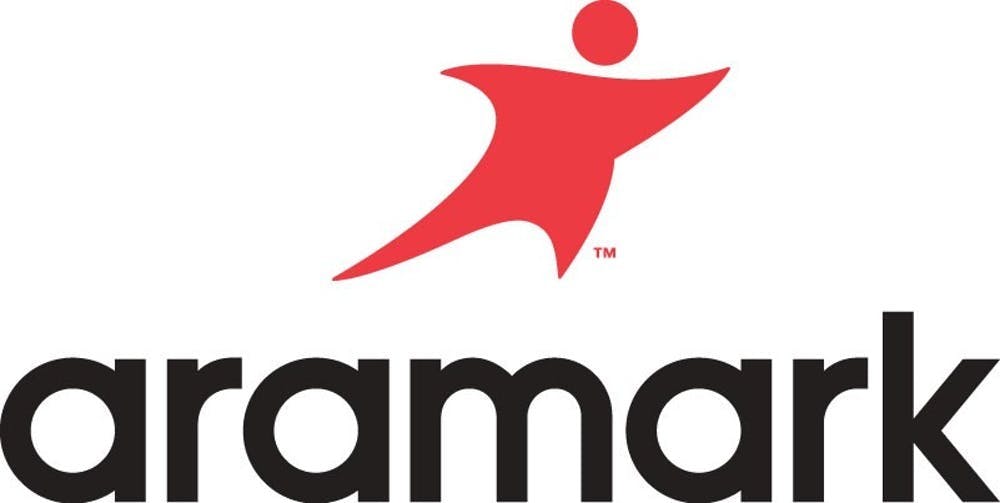ANALYSIS: Aramark has some troubling practices outside of CMU
Aramark does not just serve food at Central Michigan University. It provides food and janitorial services all over the world. However, its track record hasn’t always been positive.
Aramark is a publicly-traded company that mainly provides food services for universities, K-12 schools, businesses and correction facilities. Aramark was also the food service provider for all Michigan prisons in 2012, but the company only made it halfway through its contract with the state.
Aramark and the Michigan Department of Corrections mutually decided to part ways in 2015, MDOC spokesman Chris Gautz said. He said neither side was happy during the contract, and MDOC had many high-profile problems with Aramark services and employees.
In 2015, the Detroit Free Press published an article about an incident after an Aramark worker was disciplined at the Central Michigan Correctional Facility in St. Louis. The worker ordered an inmate worker to cut off parts of cakes that had been chewed on by rats, put frosting on it and then feed them to the prisoners. The employee was fired over the incident, according to the article.
This incident happened in 2014 and was discovered through emails between prison officials, according the Freep article. In that story, a quote made by Aramark spokeswoman, Karen Cutler, gives insight on how they take these kinds of claims.
She said she was "not going to comment on an allegation from eight months ago that is one of hundreds of allegations made by special-interest groups against our company and our hardworking employees in Michigan."
Gautz also said they were incidents regarding Aramark workers having sex with prisoners in the prison coolers and smuggling contraband into the prisons.
He said sometimes items like worms were found in food, but there were also incidents of prisoners bringing in contraband and putting items in the food themselves. Most of the time it was either a kitchen or supplier issue.
He said MDOC and Aramark tried to make the relationship work. However, he said one of the main issues stemming from Aramark was them not staffing adequately to meet the demands of the corrections facilities. Gautz said a lot of the feedback from Aramark workers were complaints about low pay, which may have contributed to the issues listed above.
It’s not just in Michigan where problems arise with Aramark. At a 2019 Student Government Association meeting, students passed an initiative for CMU to vet business partners for their ethics and to not work with entities who don’t share CMU’s “core values of inclusiveness, social responsibility, and compassion.” Aramark was included in this initiative stemming from incidents that happened in Ireland.
Aramark runs a provisioning center that houses asylum seekers in Ireland, according to an article from the Irish Times in 2015. This center sparked protests from the asylum seekers living there over poor hygiene, food and living conditions. Another article from the Irish Times in 2018 spoke about an asylum-seeking mother who was denied bread for her sick child in an Irish provisioning center.
What CMU should consider taking away from these incidents is whether it’s ethical to contract with Aramark and reconsider if a company with allegations is fit to serve students. However, when I asked residence life if they reconsidered CMU’s deal with Aramark after the Freep articles came out, Director of Auxilliary Services Cal Seelye did not directly respond to that question in his email response to me.
These negative claims raised against them do raise some questions on why CMU, and other universities for that matter, would continue working with them.








